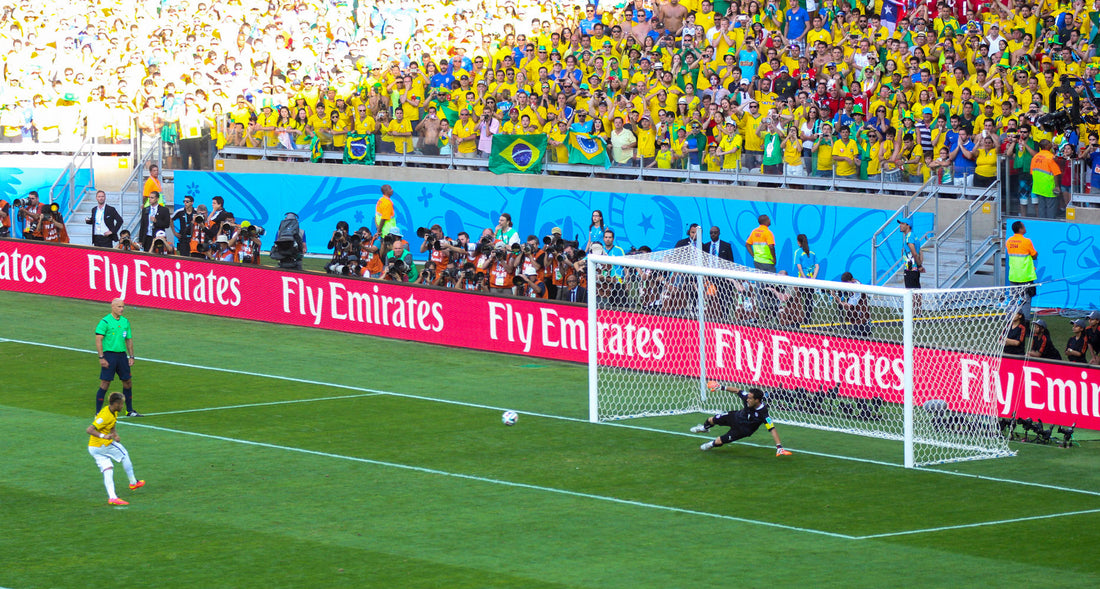
Football: Tips for Taking Penalties
Share
Penalty kicks are one of the most intense and decisive moments in a football match. Whether in a final or a simple training session, taking a penalty with confidence and efficiency can make the difference between victory and defeat.

In this article, we explore some key tips for increasing your chances of successful penalty kicks—useful for both amateur and professional soccer players.
1. Stay Calm and Control Your Breathing
Before any technique, the mental aspect is essential. Take a deep breath and focus. Many players fail not because of a lack of technical skill, but because they let themselves be overcome by nerves. Taking a deep breath before the race helps relax the body and maintain focus.
2. Define the Side Before the Race
Deciding which direction you'll shoot from before starting your run is a common strategy among top scorers. Avoid changing your mind midway through—this can lead to hesitation and misplaced shots. Confidence is half the battle.
3. Look at the Ball, Not the Goalkeeper
While it's tempting to watch the goalkeeper's movements, it's best to focus on the ball during the shot. Many players are influenced by the goalkeeper's movements and end up shooting where they weren't planning.
4. Work on the Shooting Technique
There are different styles of penalty kicks: well-placed, powerful, slick, or even the "Panenka" style. Regardless of the style, it's essential to practice regularly. Here are some options:
- Placed Shot : Aim for the bottom corners, using the inside of your foot.
- Powerful Shot : Use the instep and focus on keeping your body balanced.
- Shot in Jeito : ideal for deceiving the goalkeeper, with effect and precise direction.
5. Simulates Real Training Situations
During training, simulate the pressure of a game. Create challenges with teammates, add noise, or compete to create a more realistic atmosphere. Acclimating to pressure is one of the keys to success.
6. Study the Opposing Goalkeepers
In competitive soccer, it's common to analyze goalkeepers' defensive patterns. Many have tendencies—such as throwing themselves more often to one side. Take advantage of this information, if available.
7. Train Regularly
Practice makes perfect. Consistently practicing penalties helps improve technique, confidence, and effectiveness. Dedicate part of your training sessions exclusively to penalty shooting.
Conclusion
Successfully scoring a penalty isn't just a matter of luck. It's a combination of mental preparation, refined technique, and consistent training. If you're a player or coach, incorporate these tips into your sessions and watch your progress. Ultimately, those who train well play better.


